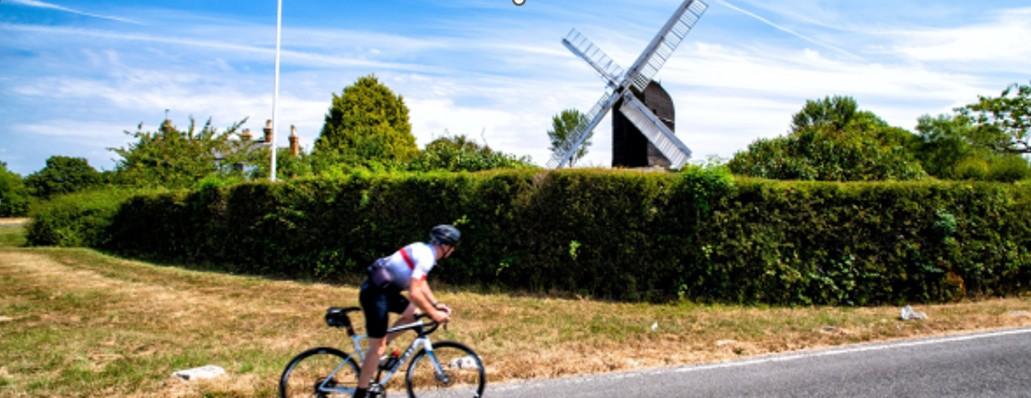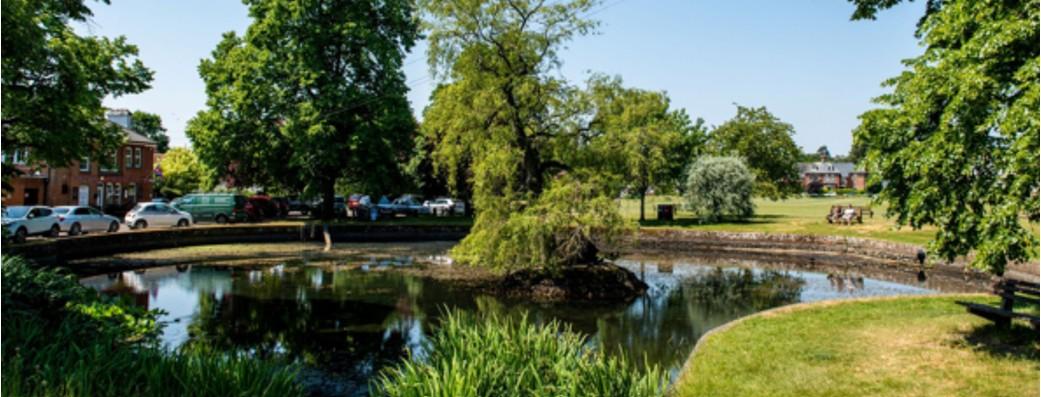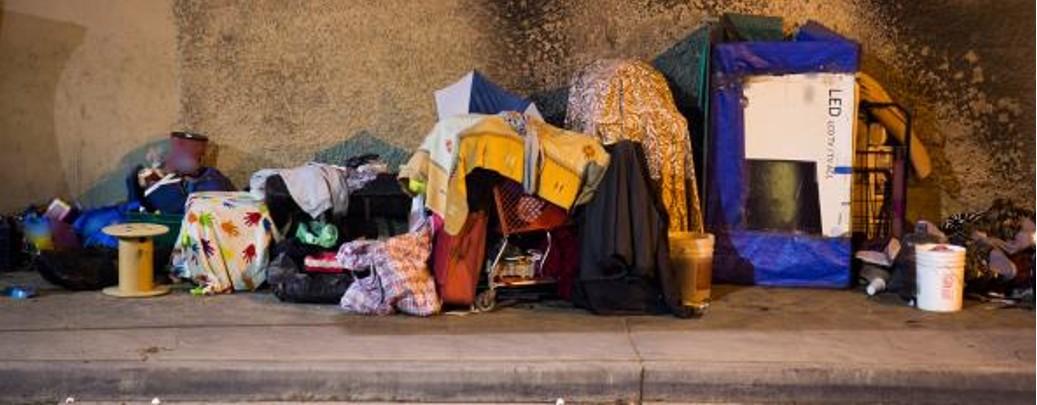Outcome 3
With our communities we will generate knowledge which will help deliver better outcomes
Our residents are experts in their own lives, and learning from these lived experiences makes better services and council decisions.
We will listen to people. We will share knowledge with them about constraints and opportunities and engage them to secure the best answers to difficult questions. We will actively seek their views on experiences they have had, including of interaction with our services, and of systemic challenges. We will be good and effective system-partners, and we will engage other agencies and the voluntary sector to align strategic aims and objectives. By sharing knowledge and experience, at every level, we will be able to generate an improved perspective on potential solutions and we will be better placed to break out of policy and strategic norms, to do more, more efficiently, and with direct connection back to places people identify with and their communities.

Merstham Health and Wellbeing Champions in Reigate and Banstead – Case Study
Funded by a bid to the Mental Health Investment Fund, the Merstham Community Development Worker and Merstham Community Facility Trust worked together to recruit and train 23 local people to be able to share public health information with friends and neighbours. These volunteers have become active members of their community, contributing to work beyond the scope of the original project and becoming local leaders.

Bristol’s Community Resilience Fund – Case Study
Bristol City Council established a £4m Community Resilience Fund to support community and voluntary organisations with one-off capital grants to recover from the pandemic, increase their environmental sustainability and/or build their capacity to work over the long term. The funding was to be targeted at organisations based in and working with the most deprived areas of the city, and city-wide equality groups.
In designing the scheme, the council combined traditional evidence and measures with participatory and deliberative methods, enabling local people and organisations to shape almost every aspect of the Fund. Over several months, residents, Voluntary and Community Sector (VCS) leaders and elected councillors took part in a series of facilitated workshops to co-produce the decision-making process. Following on from this, instead of using usual grading and assessment methods by council officers and members, decision making on grants was undertaken by local people and VCS partners, who, together with councillors, worked deliberatively to decide on grants. Sortition methods were used to ensure the local people selected represented a true cross-section of the community in the decision making.
By empowering communities to take ownership of the Fund, the level of interest and engagement far exceeded those of other council funds that relied on traditional methods of application and assessment. Furthermore, it strengthened the council’s relationships with voluntary partners, who worked alongside over an extended period to develop and deliver the Fund and were respected as equal partners in the process.

A whole-system approach to tackling rough sleeping in Hampshire – Case Study
Lower tier and unitary councils in England have the legal duty to provide advice and assistance to anyone at risk of, or experiencing, homelessness. However, councils cannot tackle this on their own, or provide assistance in isolation. Those sleeping rough often having wider, more complex, needs and challenges with their health and wellbeing that require more than just physical accommodation to resolve. But with the ability and means to help resolve these issues sitting with different statutory bodies, support can often be difficult to obtain, leaving some of our most vulnerable residents to fall through the cracks between services.
In Hampshire, district councils could see that this piecemeal approach to providing support was having life-and-death implications for rough sleepers. Therefore, they took a whole-system approach to resolve this issue, bringing partners like health, social care and other providers of care and support together through the adult safeguarding board to provide a multi-agency approach to support those rough sleeping, addressing their needs together, holistically, rather than in isolation disparately.
By taking a person-centred, strengths-based approach, those experiencing homelessness were provided with tailored and intensive support to address not only their housing needs, but also the other challenges they faced. Such an approach led to improved outcomes for those experiencing homelessness, with reduced demand on the system as a whole as support was provided across organisational boundaries based on need, rather than organisations simply seeking to fulfil statutory duty.
This form helps us improve the content and structure of our webpages only, and we cannot provide a response to any submission below.

